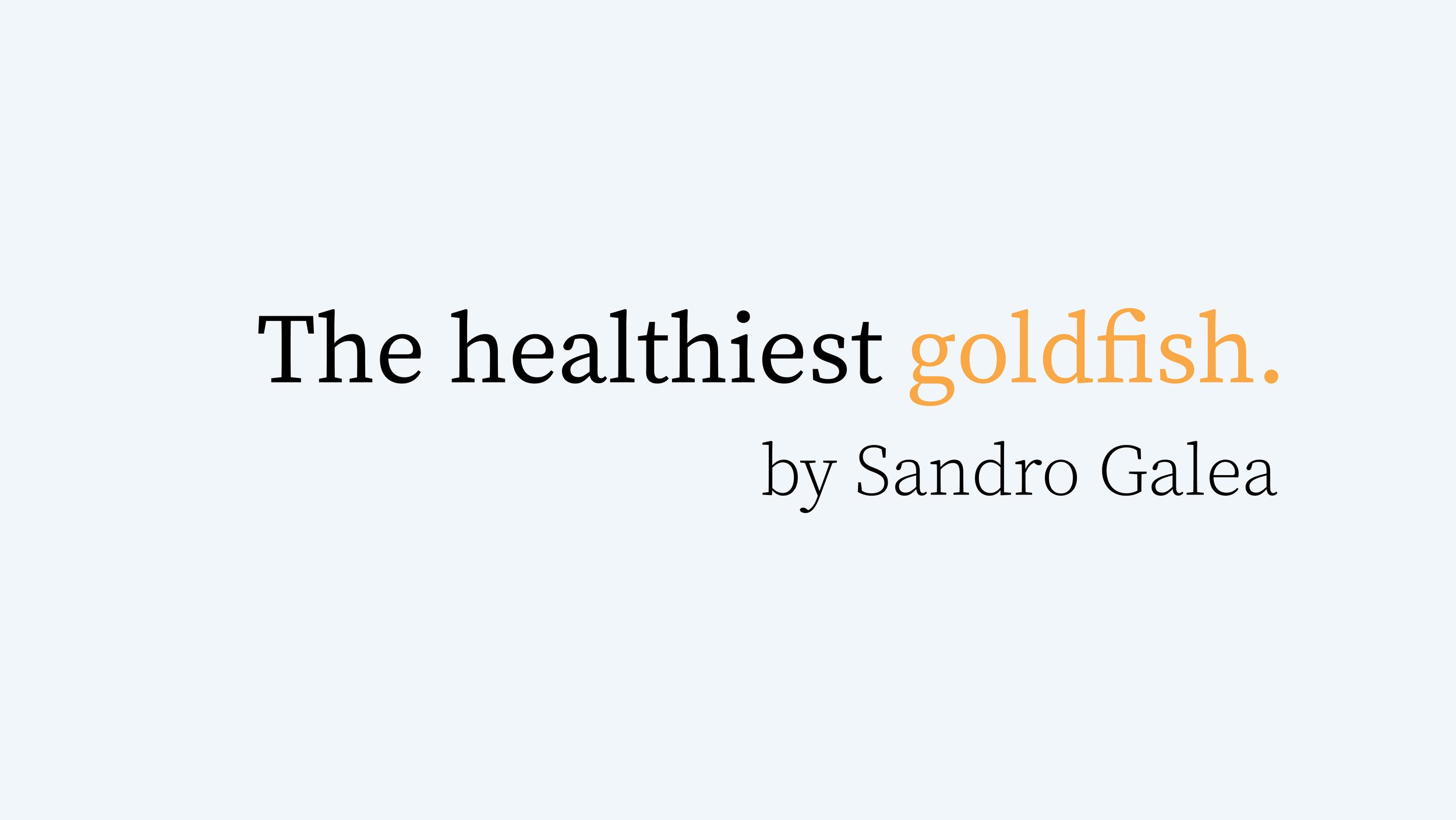Reflecting on the thoughts that emerged over the past year.
This is the last Healthiest Goldfish essay of the calendar year 2023. As I was considering topics for this piece, I thought that, rather than introduce a new subject, I would look back a bit on all I wrote over the past year and on the conversations these reflections helped inform. The Healthiest Goldfish has, from the start, been organized around key themes and a certain spirit of inquiry. These themes include looking back on the COVID moment, to understand what we did right and what we did wrong, trying to better balance our values and data in pursuit of our mission, avoiding the pitfalls of communication in an age of social media and the attendant moral grandstanding that can undermine the humility and genuine moral courage that are central to scientific work, engaging thoughtfully with the foundational drivers of health, and shaping a philosophy that can support an effective, pragmatic public health mission to generate transformative change in this post-war moment. I have tried to engage with these topics in a spirit of self-critical reflection. Such reflection can be difficult, uncomfortable. But I do so out of a belief that it is necessary to become better in our pursuit of health.
Read more here



